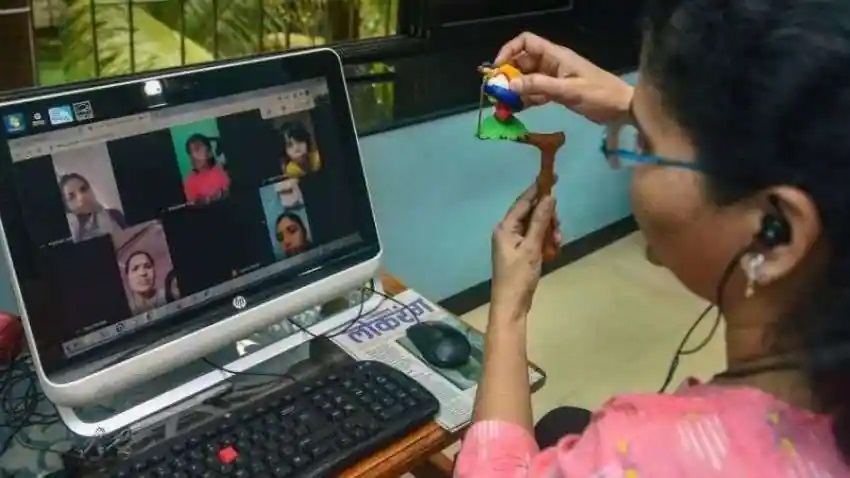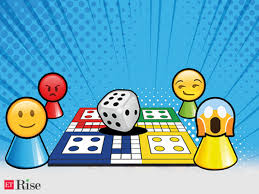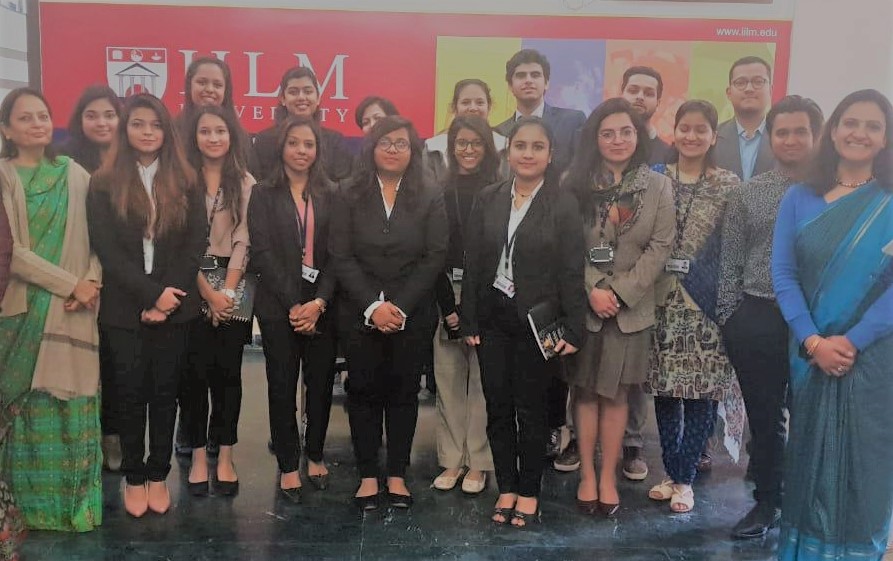By a total surprise, we got into lockdown, no ten-day notice, no world is coming to an end, a simple stay home stay safe alert. And from there on, came a supposedly temporary arrangement of teaching classes from zoom so that we could get over this unknown virus soon. Must admit it was so tuff, like going online for all classes, something totally unimaginable by teachers and students alike.
As all new things have a flavour of surprise, we all took the plunge and felt something different about teaching and learning from our homes. Suddenly, there was no private life, as we could bring our students to the dressy part of our house and teachers could log into their students’ private corners of the house.
Obviously, when this new normal looked like it will stay and all baking and cooking did not look fun anymore, we started getting edgy about zoom classes, scattering about attendance and participation of students in “classes”. As Covid 19 cases started to rise, so did the pressure to continue dedicated classes and assessments, something no one had any experience with or knew how to make it look close to fair assessments.
Open book exam got a new name, in the form of online assessments and suddenly CGPA’s started blooming all over. Students who initially seemed enthusiastic to keep their cameras on slowly slipped into the mode of keeping their cameras off and when asked complained of network issues. The world of learning and teaching was solely surviving on the speed of network connectivity as work from home and study from home became our reality.
Two years and no respite, we look to online teaching and learning to escape from growing anxiety lurking outside on streets in the name of social distancing. What was a class once filled with happy faces, dressed up in their favourites, trending the trends and catching up or bunking classes turned into no escape from online classes?
But I ask, is everything lost? Has online teaching been that bad? Well, this can be answered in many ways. Redundant old ways of teaching and rote learning found a jolt and everyone who is a part of the education system irrespective of nation and economy had to change. This change was something new and challenged a lot of beliefs of what is an academic success is and how learning can be seen besides exams.
Online learning has made it easier for students to freely access their classes, see recorded videos and go through the content to clarify doubts and grasp the subject. Resources once only available in college libraries have found comfortable outreach and sharing amongst students.
What continues to be a large concern is unstable networks, a poor economy affecting students and teachers, no protocols of ethics of online teaching and learning.
Would like to conclude by saying, pandemic took us by surprise, leaving us unsettled and then came our endeavour to be busy with classes to keep distractions at bay. Turning a new leaf in education both for educators and student’s perspective is showing fruitful results in our resolution to learn.



 AMITABH MUKERJI- A Defence Officer who is also pursuing Masters in Psychology from IILM University..
AMITABH MUKERJI- A Defence Officer who is also pursuing Masters in Psychology from IILM University..









